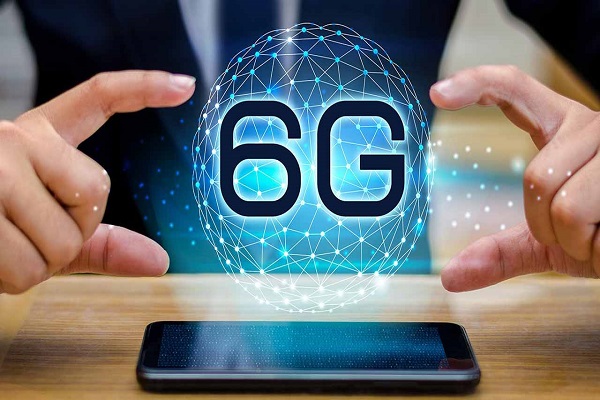Nigeria, represented by the Minister of Communications, Innovations, and Digital Economy, Dr. Bosun Tijani, has officially signed the Final Act of the World Radiocommunications Conference 2023 (WRC-23).
This international treaty conference, held every three to four years by the International Telecommunication Union (ITU), witnessed the participation of key figures, including the Executive Vice Chairman of the Nigerian Communications Commission (NCC), Dr. Aminu Maida, and the Managing Director of Nigerian Communications Satellite Limited (NigComSat Ltd), Mrs. Jane Egerton-Idehen.
The Final Act encapsulates pivotal decisions made during the conference, incorporating both new and revised provisions of the Radio Regulations—an essential international treaty governing the use of radio-frequency spectrum and satellite orbits.
Notable attendees from various sectors, including telecommunications, satellite regulations, and governance, contributed to shaping these decisions.
Reuben Muoka, the Public Affairs Director of the NCC, highlighted the significance of the updated Radio Regulations, stating that it identifies new spectrum resources aimed at supporting technological innovation, expanding global connectivity, and ensuring equitable use of space-based radio resources.
The agreement also addresses safety concerns at sea, in the air, and on land.
Among the key decisions reached, the conference allocated spectrum for International Mobile Telecommunications (IMT), crucial for the expansion of broadband connectivity and the development of advanced mobile services such as 4G, 5G, and future 6G.
Additionally, the identification of new frequencies for non-geostationary fixed-satellite service Earth Stations in Motion (ESIMs) was emphasized, providing high-speed broadband for various modes of transportation and critical communication in post-disaster scenarios.
Dr. Bosun Tijani expressed gratitude to the delegation for their sacrifices and urged them to prepare for future conferences, emphasizing the need for capacity development through extensive research and inter-agency collaboration to safeguard Nigeria’s interests.
Commending the collaborative efforts of the Nigerian delegation, Dr. Aminu Maida underscored the significance of the conference’s outcomes for Nigeria.
He highlighted the potential benefits, including improved service quality, bridging the digital gap in rural areas, and the establishment of international standards for radiocommunications.
These outcomes align with Nigeria’s broader objectives, especially in the context of expanding broadband connectivity and transitioning to 5G and future 6G technologies.
The agreements reached at WRC-23 mark a pivotal step forward for Nigeria in the global landscape of radio and telecommunications, promising advancements that will positively impact citizens and contribute to the country’s technological progress.



